Everdeen, everlasting: Why the odds will ever be in favour of 'The Hunger Games'
Be it with Katniss or Haymitch, we keep returning to the hanging tree
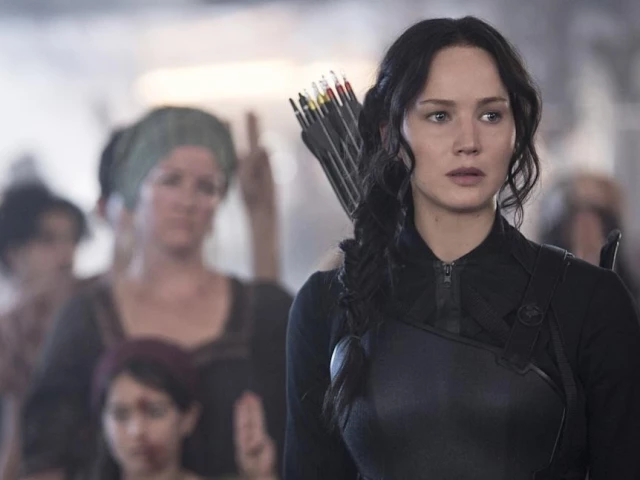
My first and only vacation abroad with my parents was special, and I was determined to round off the memorable trip by getting matching souvenirs for my friends back home. Little Me knew it had to be something related to the books the five of us had read, given that this was a time when Young Adult (YA) fiction was all anyone talked about.
Only problem was, I wasn't big on Harry Potter like the rest of them. That's how I ended up purchasing four Deathly Hallows necklaces and a single Mockingjay one. Because, hey, we've all got to live up to the main-character dream at some point in our lives (no offence to the school buddies reading this; the gifts were still just as heartfelt). The Mockingjay pendant proved to be a worthwhile investment because next year, over a decade later, it accompanies me to the theatre for The Hunger Games: Sunrise on the Reaping.
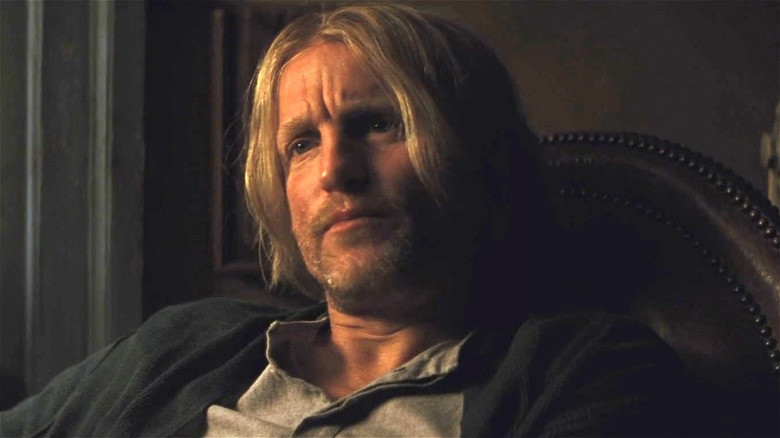
Expectations for the Haymitch Abernathy prequel have risen to an all-time high, and one can credit the cast announcements for that. It's not everyday that you see the cast for a film adaptation meet the fans' standards. But between book-accurate features and striking resemblances, Sunrise on the Reaping continues to impress. It's as if we can watch the film unfold while it's still in production. I mean, Kieran Culkin taking over Stanley Tucci's legacy? Name a better pick.
Of course, there are always exceptions, but this isn't the first time The Hunger Games franchise has hit the mark with its cast. The previous batch belonged to the President Snow prequel, The Ballad of Songbirds and Snakes, which stunned audiences by bringing Tom Blyth onboard as Donald Sutherland's young counterpart among other top-tier casting choices.
And while the crews for each feature deserve every bit of the praise they rack up, it's hard to imagine a world where The Hunger Games films would be able generate this much fanfare without the enduring glory of the books.
Dystopian yardstick
The original Hunger Games trilogy by Suzanne Collins became a worldwide sensation during the 2010s, leading the way for YA dystopian novels that tailed the genre's success.
The most prominent example that comes to mind is Divergent and its subsequent novels, which set up a world divided into five factions — like the 12 districts from The Hunger Games. In similar fashion as the latter, Divergent, too, has a young female protagonist, Tris, who finds herself in the centre of a budding revolution.

The amount of similarities might have you squinting to find the differences between the universes, and that's true not just for Divergent but for the many novel series published after The Hunger Games.
This is not an attempt to incite plagiarism debates, but to understand Collins' cultural impact and the formula it inspired. A teenage huntress entangled in an uprising much larger than her unsophisticated existence (and possibly, simultaneously a love triangle) because she is the chosen one destined to lead the people. How many stories come to mind?
Except, the thing about Katniss Everdeen is that she's neither the ideal pick for the 'chosen one' archetype, nor is she qualified to lead anyone. Katniss is not a warrior but an underprivileged girl who is forced to match pace with her circumstances. She earns no medals because nobody wins in a war. Because even if you make it out of the arena alive, the Games never truly leave you.
What Katniss represents
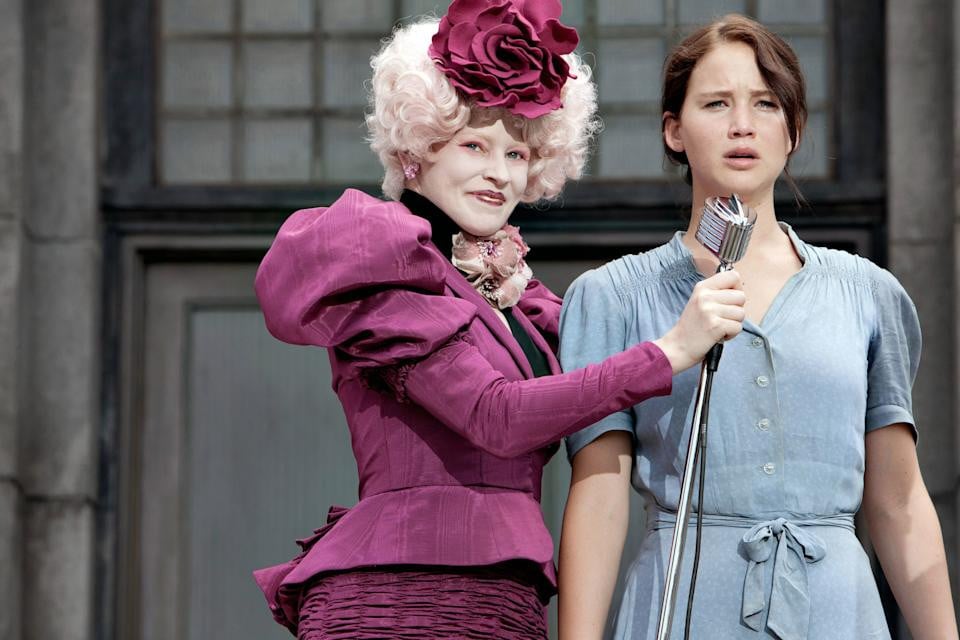
Katniss is not, as the kids say, a girlboss. That's what drew Little Me and like-minded readers to her more than traditional heroes. She never sets out to be one. She doesn't aspire for greatness. She just wants to be left alone, safe and sound. But grief propels her actions, leading her to spark a blood-soaked revolution. She is a symbol by condition, not by choice.
In a meta extension, the Girl on Fire also unintentionally shaped what readers now seek in female protagonists, just as in the books she's reluctantly coaxed into becoming the Mockingjay despite being just a kid reacting to life-or-death stakes.
Even after all these years, as critics pick apart other franchises for relying on ambience over coherent plots, Katniss' flame still burns.
Thanks to the position she's assigned in the story, she becomes a gateway for a deeper exploration of characters she inspired, even those she came in conflict with, allowing the author to effectively revisit the gruesome world of death trials.
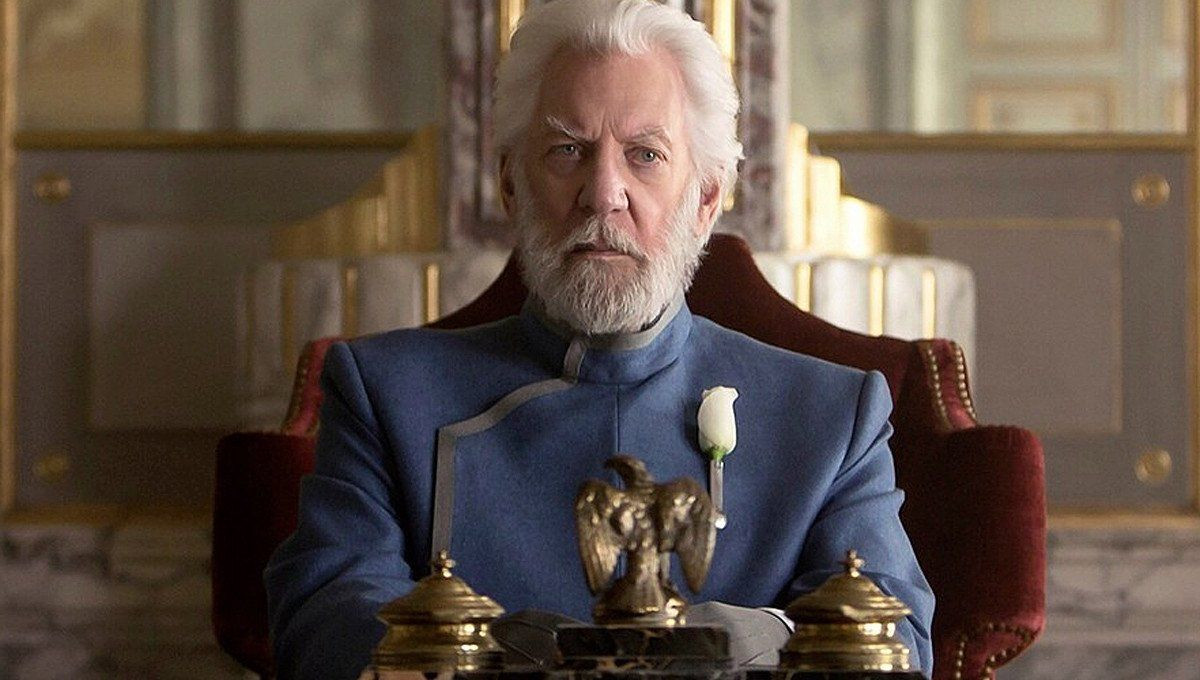
Coriolanus Snow's side of the story would not have seen the light of day, a decade after Mockingjay, were it not for the impact his nemesis had on the world. Here, too, Katniss went unknowingly meta by sparking a revolution of sorts, one motivated entirely by grief and no larger purpose.
The impact of many other protagonists, who tried to emulate Katniss' charm, didn't land because this archer didn't set out to be charming. Or a standout. Because the real world is home to many Katniss Everdeens.
Real-world implications
Maturing with The Hunger Games is effective in making one realise that the dystopia we read about isn't situated too far into the future — that is, if it's not already here. In a world infused with humanitarian issues, growing up upset at endless conflict is still a privileged position to be in compared to what someone else your age might be going through.
The world raises Katniss Everdeens, individuals who are morally compelled to take a stand if they desire safety, but it also has Coriolanus Snows, opportunists who have seen hardship only to chain it down with an unrelenting power-grab.
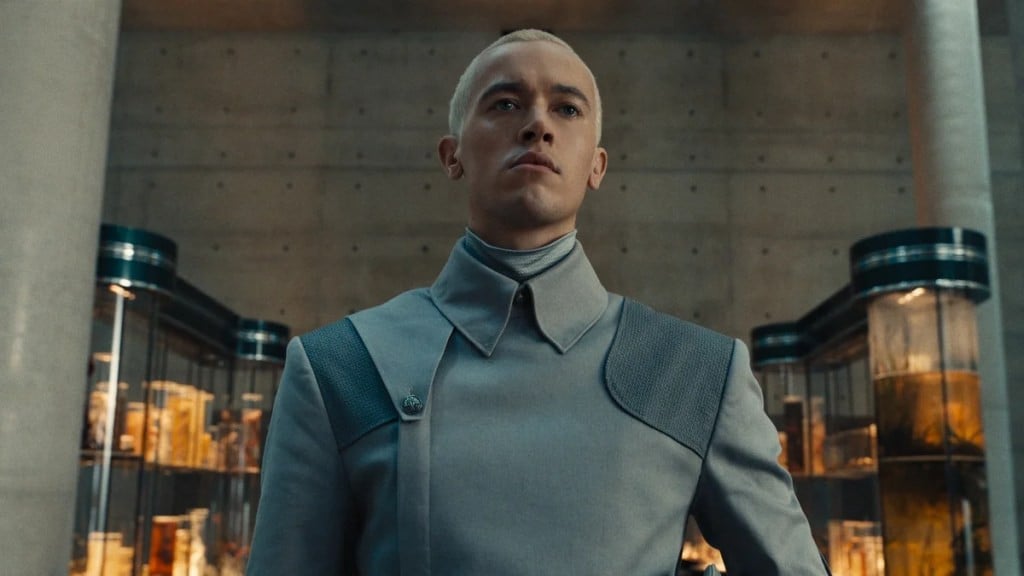
The world also births Haymitch Abernathys, who pay a lifelong price for stepping out of line in hopes of putting an end to prejudice. While at the same time, it nurtures politically distant yet somehow well-meaning souls like Effie Trinket, who rectify their ways the older they get.
That's why The Hunger Games has secured a mural in literary history. Because it's not merely a cautionary tale, but a community-focused narrative; not a story of one, but a story of many — prisoners of war, martyrs, dead-weight expendables, and people who are tragically buried in statistics.
It is a story of people who fight the good fight versus people who don't. People who exploit their odds to reign on top versus people who don't. It's a cycle of heroes, villains, and everyone caught in between. It's a tale of unceasing collateral damage.
And just as the arena of the Games doesn't let you escape once you're inside, The Hunger Games has seeped into every crevice of culture and conflict to the point that it has become difficult to ignore. And it will stay relevant as long as the flames of resistance burn, as long as the odds are ever in favour of change.
Have soemthing to add to the story? Share it in the comments below.















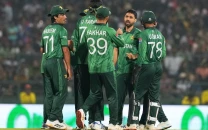









COMMENTS
Comments are moderated and generally will be posted if they are on-topic and not abusive.
For more information, please see our Comments FAQ